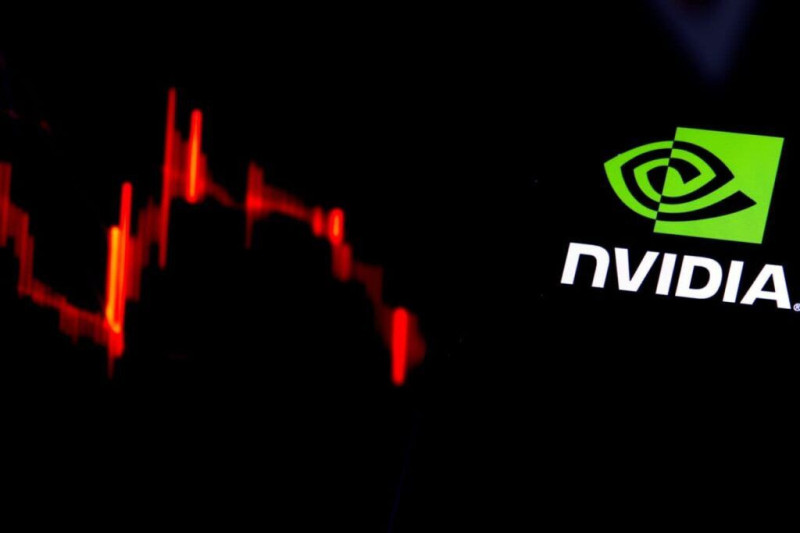Nvidia (NVDA) shares tumbled nearly 7% after the company disclosed a $5.5 billion quarterly hit tied to new U.S. export restrictions on its H processors, the only advanced AI chip it was allowed to sell in China. The U.S. government now requires a license for H exports, a move analysts interpret as an effective ban. Nvidia does not expect these licenses to be granted, signaling a major blow to its China business, which recently accounted for about 14% of its revenue, with the majority linked to H sales.
The H, specifically engineered for the Chinese market to comply with previous export controls, was expected to generate $12–$1 billion in. Now, much of that inventory may be written off, with Nvidia forced to discard billions in unsellable chips. The company’s CEO, Jensen Huang, previously warned that revenue from China had already dropped by half since the initial restrictions and that competition from Chinese rivals like Huawei is intensifying.
The surprise announcement sent shockwaves through the semiconductor sector. AMD (AMD), Nvidia’s chief U.S. competitor, is closely watched by investors as the market recalibrates expectations for AI chip demand and supply chain risks. Analysts are now debating whether Nvidia can maintain its growth trajectory amid these geopolitical headwinds, while some see opportunities for AMD and Chinese chipmakers to gain ground.
Nvidia’s next earnings report on May is set to be a critical moment for investors seeking clarity on the company’s outlook in the face of escalating U.S.-China tech tensions.


